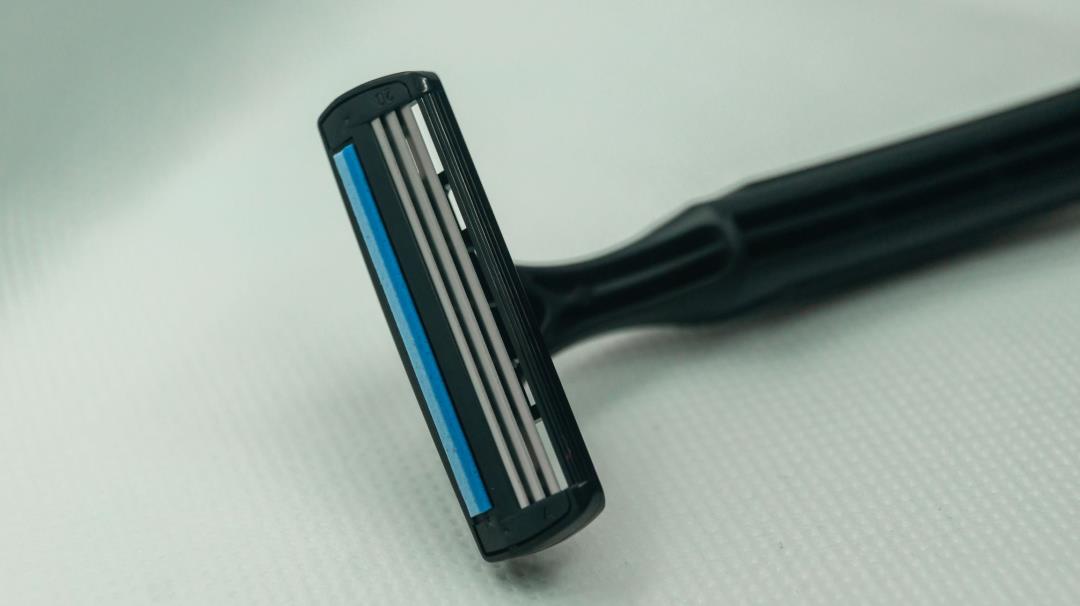Army Phases Out Permanent Shaving Waivers for Medical Conditions

Policy change affects estimated 40,000 service members across military branches
The U.S. Army has implemented a new policy that will gradually eliminate permanent medical shaving waivers for soldiers with skin conditions. The change primarily affects those with pseudofolliculitis barbae, commonly known as razor bumps, a condition that occurs more frequently among service members with curly hair. According to dermatology experts, approximately 60% of Black men experience this condition, which has raised questions about the policy's potential demographic impact.
Under the revised guidelines, soldiers will no longer receive permanent medical exemptions from shaving requirements, though temporary medical waivers and permanent religious accommodations remain available. Military officials state that affected personnel will work with medical professionals and commanding officers to develop treatment plans and proper shaving techniques. The Army indicates that soldiers unable to comply with grooming standards despite these interventions could potentially face separation from service.
KEY POINTS
- •Army ending permanent shaving waivers
- •Policy affects 40,000 service members
- •Medical concerns raised about impact
The policy shift follows a similar change implemented by the Marine Corps and comes amid a broader review of military standards ordered by Defense Secretary Pete Hegseth. Army spokesman Steve Warren emphasized that the policy centers on maintaining uniformity, discipline, and training standards, stating that requirements apply equally to all service members regardless of background. Currently, approximately 40,000 soldiers across the Army, Reserve, and National Guard maintain facial hair exemptions, though the number of permanent waivers remains unspecified.
Military officials express confidence that with proper education on shaving techniques, most affected soldiers can meet the clean-shaven requirement. However, some medical professionals have raised concerns that mandatory shaving could lead to scarring and persistent skin problems for certain individuals. The Army's prohibition on beards dates back to the period preceding World War I, while the Navy maintained a more permissive stance until implementing its own ban in 1985.